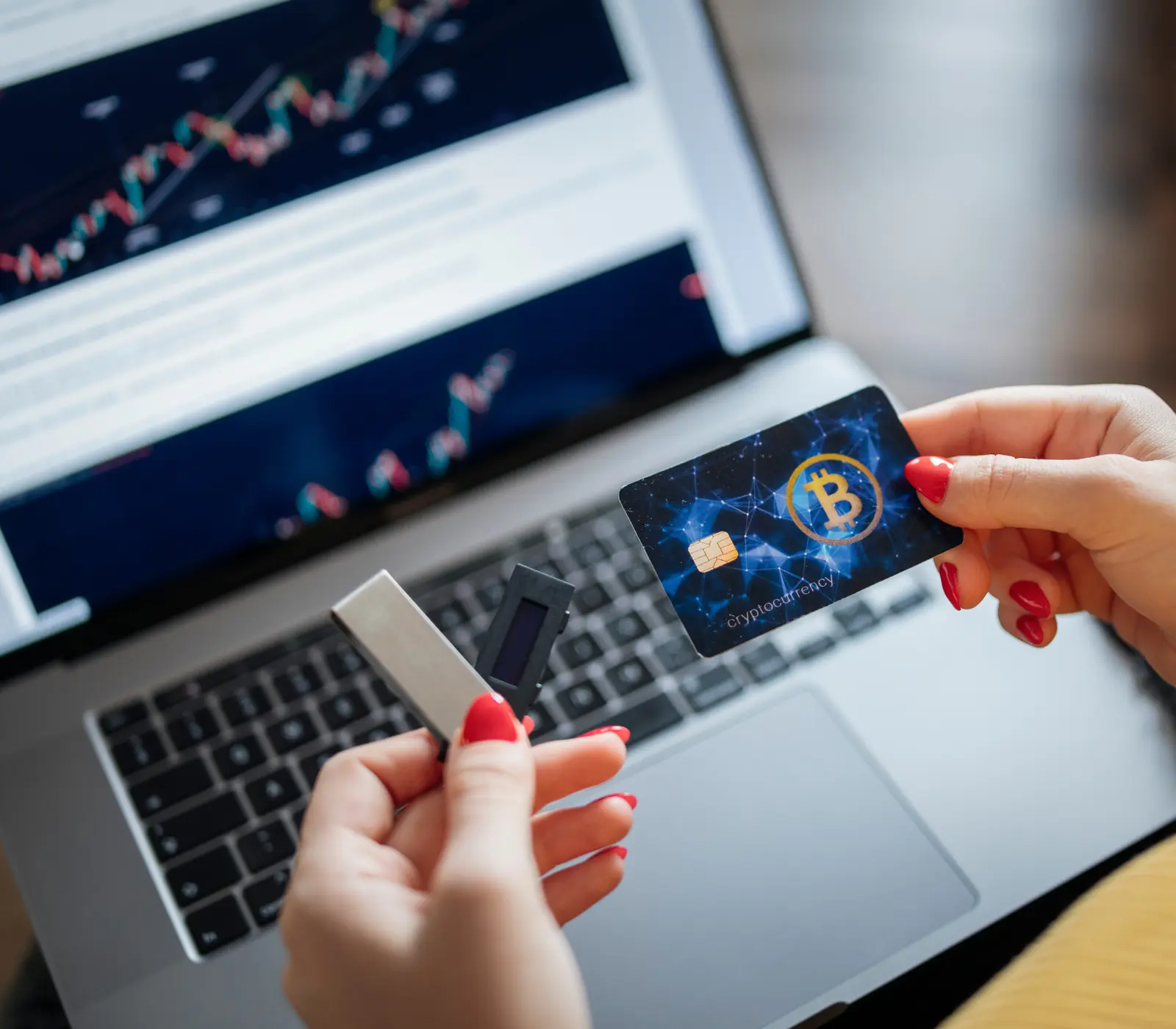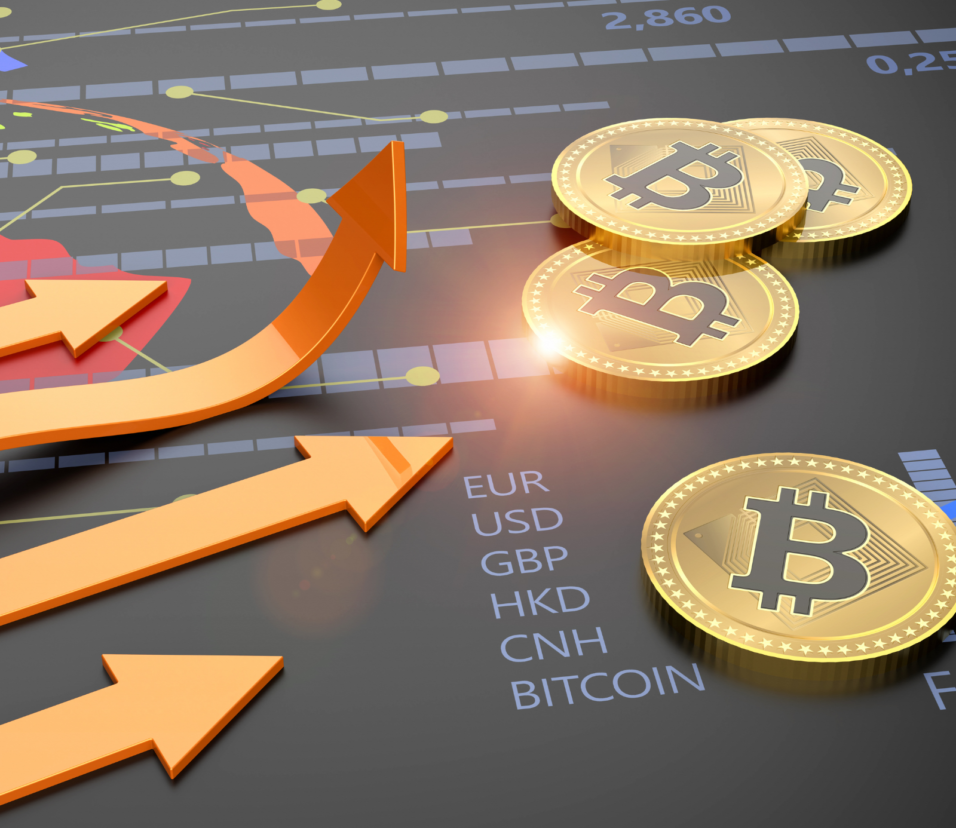Is Cryptocurrency Safe? A Comprehensive Guide 2025
Introduction
Cryptocurrency has transformed the way we think about money, offering a decentralized, digital alternative to traditional banking. From Bitcoin to Ethereum, these digital assets have taken the financial world by storm. However, the question on everyone’s mind is: Is cryptocurrency safe? Let’s dive in to explore the risks, precautions, and future of cryptocurrency safety.
Understanding Is Cryptocurrency Safe?
How Blockchain Technology Works
At its core, cryptocurrency relies on blockchain technology—a decentralized ledger system where every transaction is recorded transparently and permanently. This eliminates the need for intermediaries, reducing some traditional risks but introducing new ones.
The Decentralized Nature of Cryptocurrencies
Unlike banks or governments, cryptocurrencies operate on decentralized networks. While this increases financial freedom, it also means there’s no central authority to protect users if something goes wrong.
Cryptography and Security
Advanced cryptographic techniques protect transactions and user identities, making cryptocurrency inherently secure. However, this security can be compromised by user error or external threats.
Common Risks Associated with Cryptocurrency
Cybersecurity Threats
- Hacking and Phishing: Hackers frequently target exchanges and individual wallets, often through phishing attacks that trick users into revealing private keys.
- Malware and Ransomware: Cybercriminals use sophisticated malware to gain access to wallets and exchanges.
Volatility and Market Risks
- Sudden Price Fluctuations: Cryptocurrency markets are notoriously volatile, with values swinging dramatically in short periods.
- Speculation in the Market: Speculative trading can inflate prices, leading to bubble-like scenarios that eventually burst.
Regulatory Challenges
- Legal Uncertainties: The absence of universal regulations creates uncertainty and exposes investors to risks.
- Global Differences in Regulation: Some countries embrace cryptocurrencies, while others impose strict bans or restrictions.
Scams and Fraud
- Ponzi Schemes: Scammers lure investors with promises of high returns, only to vanish with their money.
- Fake ICOs: Fraudulent Initial Coin Offerings trick investors into funding non-existent projects.
Measures to Ensure Is Cryptocurrency Safe?
Importance of Secure Wallets
- Hot Wallets vs. Cold Wallets: While hot wallets (online) are convenient, cold wallets (offline) offer greater security.
- Multi-Signature Wallets: Adding multiple layers of authentication increases safety.
Best Practices for Securing Cryptocurrency
- Use two-factor authentication for all accounts.
- Regularly update software and back up wallet data.
- Avoid sharing private keys or sensitive information.
Identifying Legitimate Platforms and Exchanges
- Choose exchanges with robust security protocols.
- Research user reviews and security histories of platforms like Coinbase or Binance.
The Role of Regulation
Current State of Cryptocurrency Regulation
Governments worldwide are grappling with how to regulate cryptocurrencies without stifling innovation. Some countries have made strides in providing clarity, while others lag behind.
Benefits of Regulation for Safety
Regulation can help weed out bad actors and provide a framework for safer transactions. It also builds trust among investors and institutions.
Challenges in Implementing Regulations
Global consensus on cryptocurrency regulation remains elusive, creating loopholes for fraudsters to exploit.
Success Stories and Failures
Cases of Successful Cryptocurrency Security
Some platforms, like Kraken, have maintained impeccable security records, showcasing the potential for robust safety measures.
Notable Breaches and Their Impact
High-profile breaches, such as the Mt. Gox hack, highlight the devastating consequences of poor security practices.
Future of Cryptocurrency Security
Advancements in Blockchain Technology
Innovations like zero-knowledge proofs and sharding promise to make blockchain networks more secure and scalable.
AI and Machine Learning in Cybersecurity
Artificial intelligence is being deployed to detect and mitigate threats in real time, enhancing overall safety.
Predictions for Safer Crypto Environments
As technology and regulation evolve, we can expect a more secure and user-friendly cryptocurrency ecosystem.
Conclusion
Cryptocurrency offers incredible opportunities but comes with inherent risks. By understanding these risks and adopting best practices, users can navigate the Is Cryptocurrency Safe. As technology and regulations improve, the future of cryptocurrency looks promising, but staying informed is key.
People Also Ask:
Is cryptocurrency more secure than traditional currency?
Cryptocurrency offers unique security features like blockchain and cryptography, but user error and hacking threats make it less foolproof than traditional currency.
What are the safest cryptocurrencies to invest in?
Established options like Bitcoin and Ethereum are generally safer due to their widespread adoption and robust networks.
Can cryptocurrency wallets be hacked?
Yes, wallets can be hacked if they lack strong security measures or if users fall victim to phishing scams.
How do regulations impact cryptocurrency safety?
Regulations can enhance safety by reducing fraud and establishing clear rules for transactions, though inconsistent regulations pose challenges.
What steps can I take to avoid crypto scams?
Always research platforms, enable two-factor authentication, and avoid sharing private keys. Be cautious of offers that sound too good to be true.








Leave feedback about this